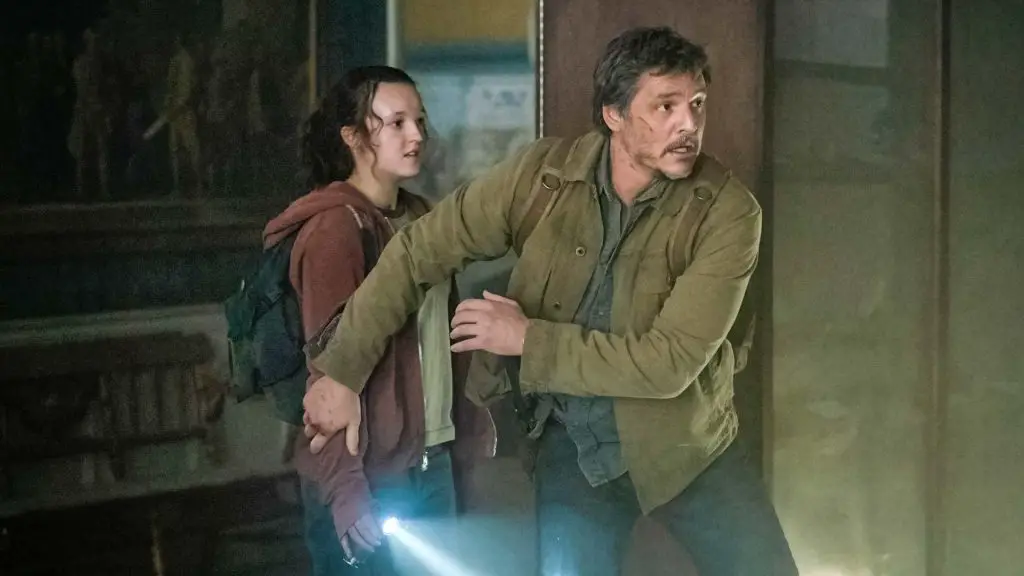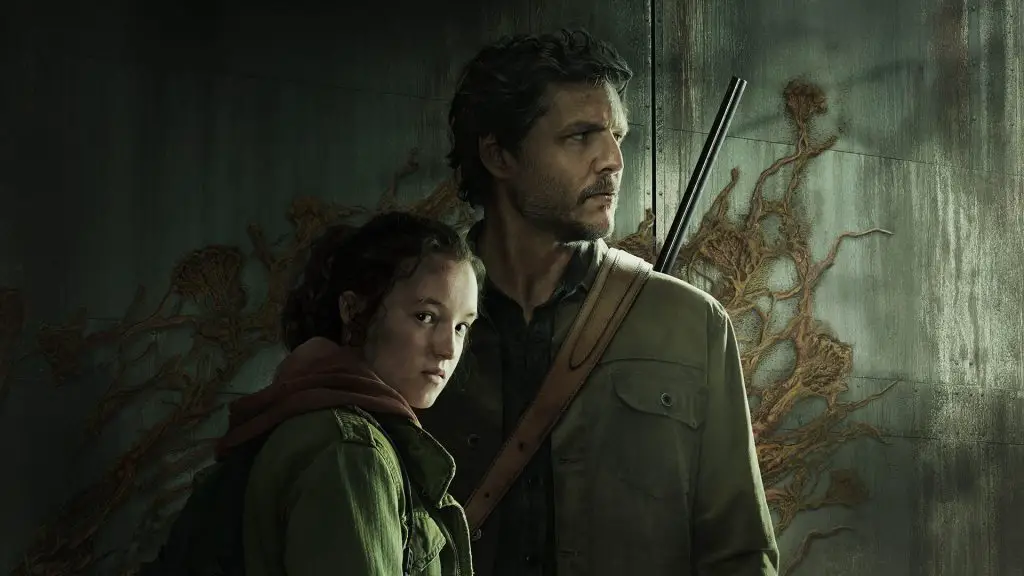In the wake of the astronomical success garnered by “The Last of Us” and numerous other recent adaptations, the entertainment industry is poised to experience a deluge of films and television series originating from the video game realm. There are two faces to this coin: while The Super Mario Bros. Movie, among others, has laid bare the incredible potential for video game adaptations to shatter box office records, it has also fueled concerns about the possible greenlighting of less promising projects. Craig Mazin, the man who brought “The Last of Us” to HBO alongside Neil Druckmann, holds such reservations.
Mazin aired his perspectives on the future trajectory of video game adaptations during a recent interview. In his conversation with Josh Horowitz for the Happy Sad Confused podcast (as reported by TheDirect), he singled out “The Last of Us” as arguably the finest narrative ever spun in the realm of video games—a factor that, in his view, gave him a leg up in its adaptation to an HBO series. However, he voiced worries that not all popular games are ripe for successful conversion into film or television, thus heralding potential problems down the line.
“I’m somewhat apprehensive,” confessed Mazin, “given that we were dealing with, in my judgment, the most compelling story ever presented in video games. And I believe many others would concede that it’s in the top ten.” He went on to express concern that many games, while offering superior gameplay, might not be primed for an adaptation that truly works. “Best case scenario, we’re about to see a surge of fantastic adaptations. The worst-case scenario could usher in a flood of disappointing ones,” he elaborated.
Craig Mazin’s Insights on Navigating Video Game Adaptations

While some adaptations of video games are striking gold in the current climate, others have floundered. Drawing on his involvement in one of the most triumphantly received adaptations, Mazin furnishes pointers on circumventing such pitfalls. He advises steering clear of attempts to translate video games characterized by an overly complex narrative, among other suggestions.
He noted: “It’s really especially in games where… either there’s an excess of knotty plot, which leaves you smothered, or the protagonist is a faceless, mute enigma, or there’s an absence of important relationships in the story, or the gameplay itself hinges on high fantasy or high sci-fi to the point of disconnect from reality and it lacks relevance to the human condition.” Mazin goes on to clarify, “If I were mentoring others, I would emphasize these are the considerations to bear in mind. It doesn’t mean high fantasy adaptations are off the table. Far from it. Some of the most successful adaptations fall under this category, the same applies to science fiction. But the process of adaptation is tricky, and it seems especially challenging for video games.”
However, there’s a single factor Mazin contends is likely the most crucial to producing a successful video game adaptation: the involvement of individuals who possess a deep and abiding passion for the original material. He asserts that fans are quick to discern when an adaptation is merely a product of studio executives with no real understanding or appreciation for the game.
“I believe we’ve finally laid to rest the plague of video game adaptations crafted by individuals who couldn’t care less about the actual game,” asserts Mazin. “If that’s not the case, then I really don’t understand what’s happening. One key takeaway from what Neil [Druckmann] and I accomplished with ‘The Last of Us‘ is the absolute necessity of a deep-seated love for the source material.”
He further emphasized, “You can’t just think, ‘It’s an IP.’ I despise the term IP. That’s jargon for lawyers… What matters is a cherished story with beloved characters. These need to be nurtured into existence. Then, there’s every possibility of success.”


